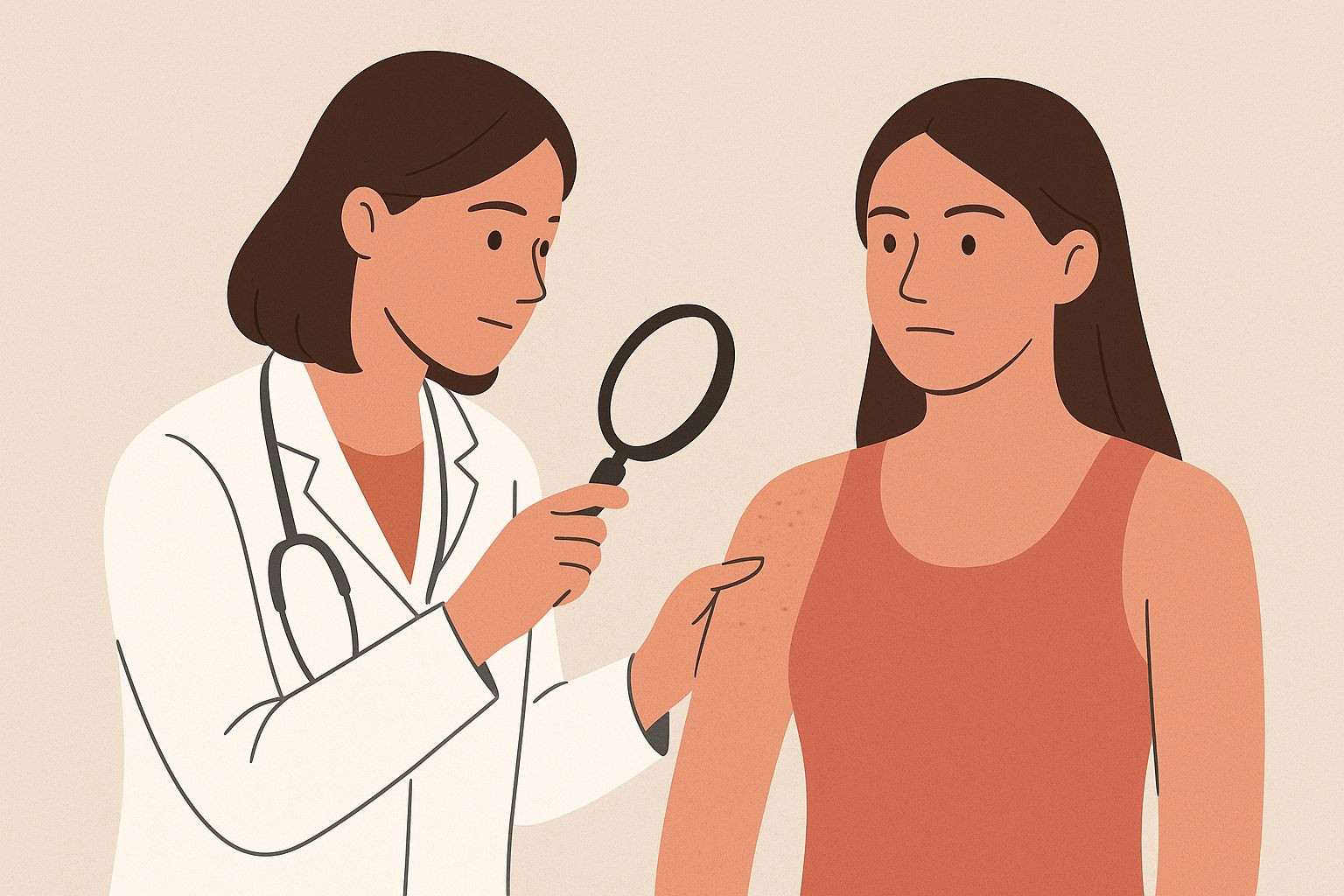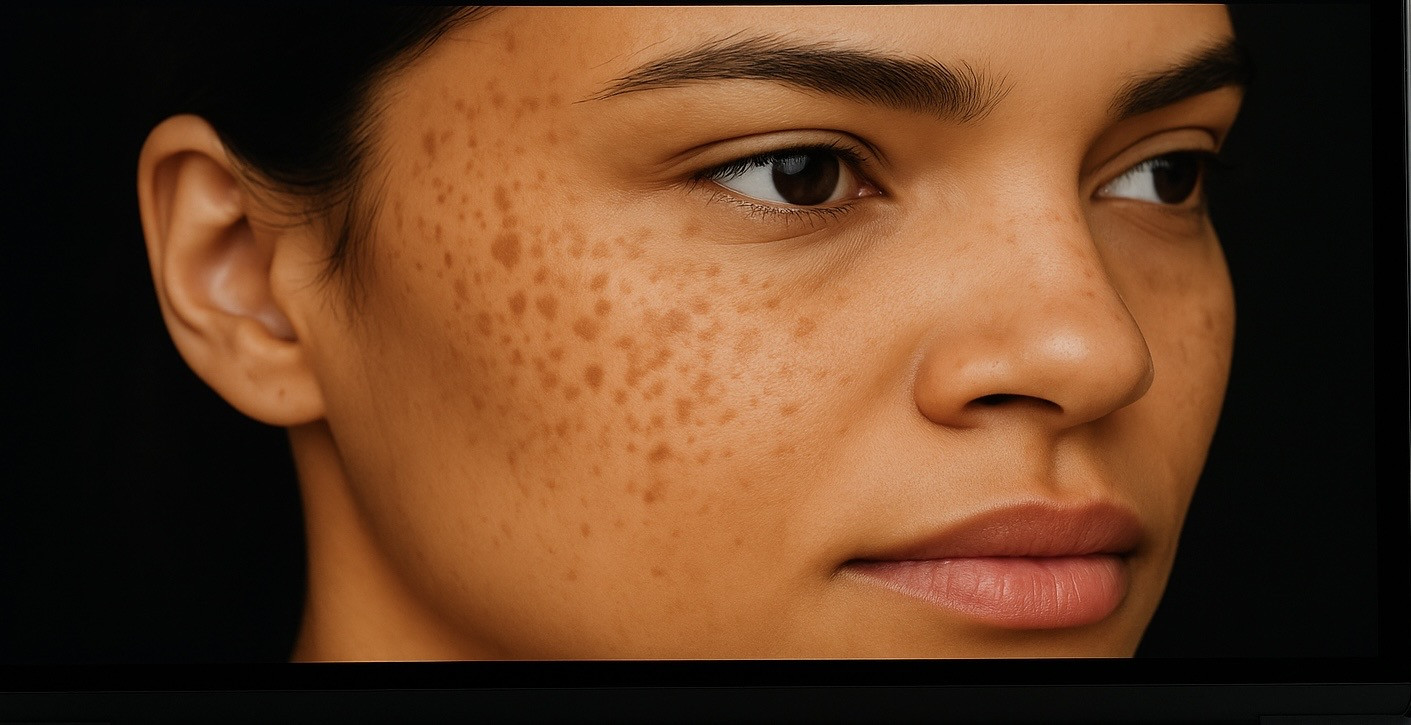Who Is Really Treating You? How to Know If Your Doctor Is a Dermatologist
In today’s busy aesthetic and skincare world, many patients are unsure who exactly they are meeting during a consultation. Is it a dermatologist, a general practitioner with an aesthetic course, or a beauty therapist with a license?
This confusion is common — and it can affect your safety and treatment outcomes. That’s why it’s important to know who is really treating you.
1. Check the Designation on the White Coat or Scrubs
Every licensed medical professional has their designation written clearly:
• Specialist Dermatologist or Consultant Dermatologist → This means 4 years of dermatology training and DHA approval.
• General Practitioner (GP) → A medical doctor, but not a dermatologist.
• Laser Therapist / Technician → Licensed only for specific procedures like laser hair removal.
👉 If the white coat says “Dermatologist,” it should match their DHA license.
2. Look at the Stamp — It Tells the Reality
Every doctor’s prescription or note carries a stamp. The stamp includes:
• Full name
• License number
• Exact designation (e.g., “Specialist Dermatology” or “General Practitioner”)
This is the most reliable proof of who they are. If the stamp does not say “Dermatology,” then they are not a dermatologist.
3. Ask Directly for a Dermatologist
Patients sometimes feel shy to ask — but you have every right to know. Simply say:
• “I would like to consult with a dermatologist.”
• “Is the doctor a specialist dermatologist?”
A genuine clinic will always clarify. If not, that’s a red flag.
Why This Matters
• Safety: Only dermatologists are trained to recognize skin diseases, complications, and proper treatments and procedures
• Transparency: You deserve honesty about who is treating you.
• Trust: Knowing the truth builds confidence in your care.
Final Word
Not everyone wearing a white coat is a dermatologist.
• Check the designation on their scrubs or coat.
• Verify the stamp for the exact license.
• And always ask for a dermatologist if you are seeking expert care for your skin.
At Cutiscity, our mission is to empower patients with the right knowledge — so you can make safe, informed choices about your skin health.




